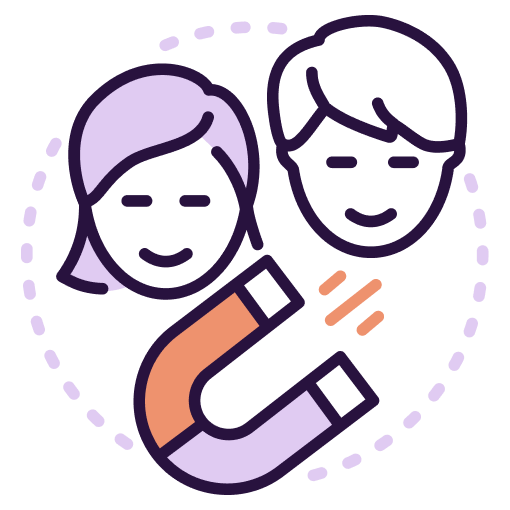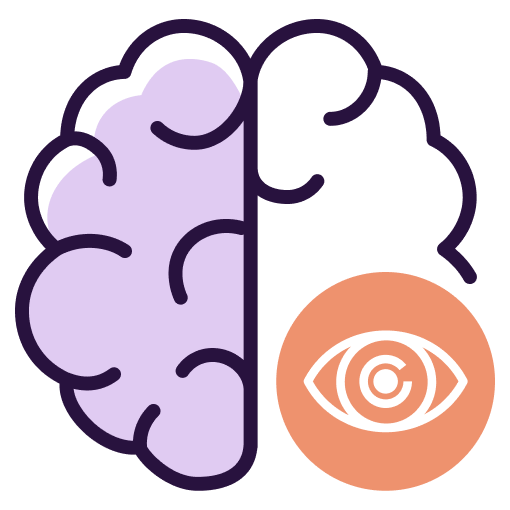Attachment Trauma
Understanding, Causes, Symptoms & Treatments
What is Attachment Trauma?
Who can suffer from attachment trauma?
Early Adverse Experiences
Separation or Loss of Caregivers
Instability in Caregiver Relationships
Childhood Adversities
Symptoms of Attachment Trauma

Difficulty Trusting
Individuals with attachment trauma may struggle to trust others, often expecting rejection or abandonment.

Fear of Intimacy
Developing and maintaining close relationships can be challenging due to a fear of being hurt or rejected.

Emotional Dysregulation
Fluctuating emotions, difficulty managing and expressing emotions appropriately or experiencing emotional numbness.

Self-Worth & Identity Issues
Feelings of unworthiness, low self-esteem and struggles with developing a stable sense of self.

Challenges with Boundaries
Difficulties setting and maintaining healthy boundaries in relationships, leading to codependency or avoidant behaviors.
Therapy Options for Attachment Trauma

Attachment-Based Therapy
This therapy focuses on repairing and strengthening attachment bonds through creating a safe and secure therapeutic relationship.

Trauma-Focused Therapy
A specialized therapy that targets trauma-related symptoms and helps individuals process traumatic experiences, reduce distress and promote healing.

Emotionally Focused Therapy (EFT)
EFT is an approach that targets emotional distress and helps individuals develop secure emotional connections. It focuses on identifying and transforming negative relationship patterns and promoting emotional bonding and responsiveness. EFT can be beneficial for couples or individuals seeking to improve their attachment relationships.

Dialectical Behavior Therapy (DBT)
DBT combines skills training and individual therapy to help individuals regulate emotions, manage distress and improve interpersonal effectiveness.

Play Therapy
Play therapy can be effective for children with attachment trauma. It provides a safe and therapeutic space where children can express themselves, explore emotions and develop healthy attachment patterns through play and interaction with the therapist.

Eye Movement Desensitization and Reprocessing (EMDR)
EMDR is a therapy that targets traumatic memories and their associated beliefs and emotions. It can be beneficial for individuals with attachment trauma who have experienced specific traumatic incidents. EMDR helps process and reframe these memories, reducing their impact on attachment dynamics.
It’s important to note that the choice of treatment depends on the individual’s needs, age and specific circumstances. Carley Counseling Services will conduct a thorough assessment to determine the most appropriate treatment approach and customize it to address the individual’s unique challenges and strengths.
Take the First Step Towards Healing
If you or a loved one is experiencing the effects of attachment trauma, Carley Counseling Services is here to help. At Carley Counseling Services, we provide a compassionate and safe environment for individuals seeking support and healing. We are dedicated to guiding you through the recovery process and helping you build healthier, more secure relationships.

